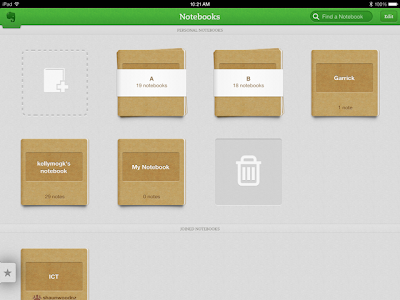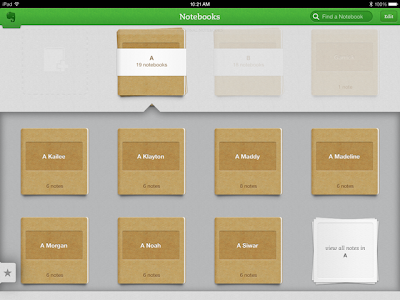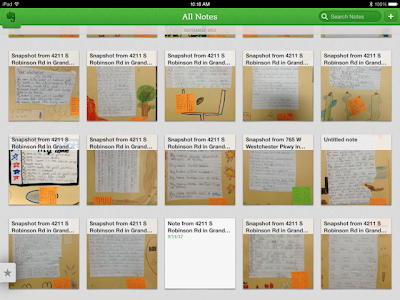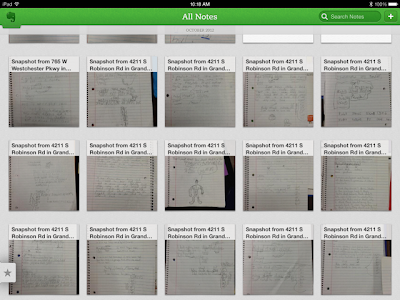If you're not familiar with Miller's work, you should be. This is not a program or a set of lesson plans. It is a way to get students reading, willingly. Studies abound in the benefits of reading, so why are we still falling behind as a society in this area? I think it's partially due to the fact that we have convinced ourselves that if it seems "too easy", it must not be effective. Compared to finding a "fun" activity to teach each and every TEKS, teaching students how to choose a book and read it on their own seems too easy. Granted, I do feel it's easier than painfully cramming TEKS piece by piece down the students' throats, but it is definitely effective.
I began teaching using Miller's idea of free choice four years ago. All I had to do was guide students towards my larger than usual classroom library and help them get a book. Then I kept notes to make sure they were reading. I took page numbers every morning and before we left for the day to make sure they were making progress, I attempted to talk to students about their book choice and how they were enjoying it. I still offered occasional mini-lessons, but not in so much detail and without the constant assessing. That first year, I watched their QRI data move upwards; this has continued to be the trend in my class.
As soon as testing rolled around I became extremely nervous. Watching other teachers make huge packets of reading passages followed by questions, I wondered if I had done the right thing. Just because their QRI levels were going up, were they still going to be able to be successful on the state test? Did I just waste an entire year of "fun" and "enjoyable" reading?! Fortunately for everyone the year was not at all a waste. Our reading scores on the state test were great and have continued to be top in the district ever since.
So does just reading actually help students enjoy books as well as learn enough to pass the test? In our classroom, yes. Is it "easier" than planning out detailed instructions for teaching point of view and character analysis? Absolutely. Don't get me wrong, I didn't do it "perfect" from the get-go. I have changed how I run my reading time every year, adding one-on-one reading for my less fluent readers and changing how I keep track of students' reading progress. These are just a few of the strategies I use in my class to help every student become a better reader, but the gist of it is, reading more makes better readers. Harder is not always better.



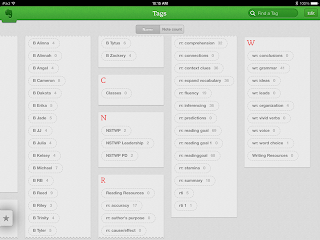.PNG)
